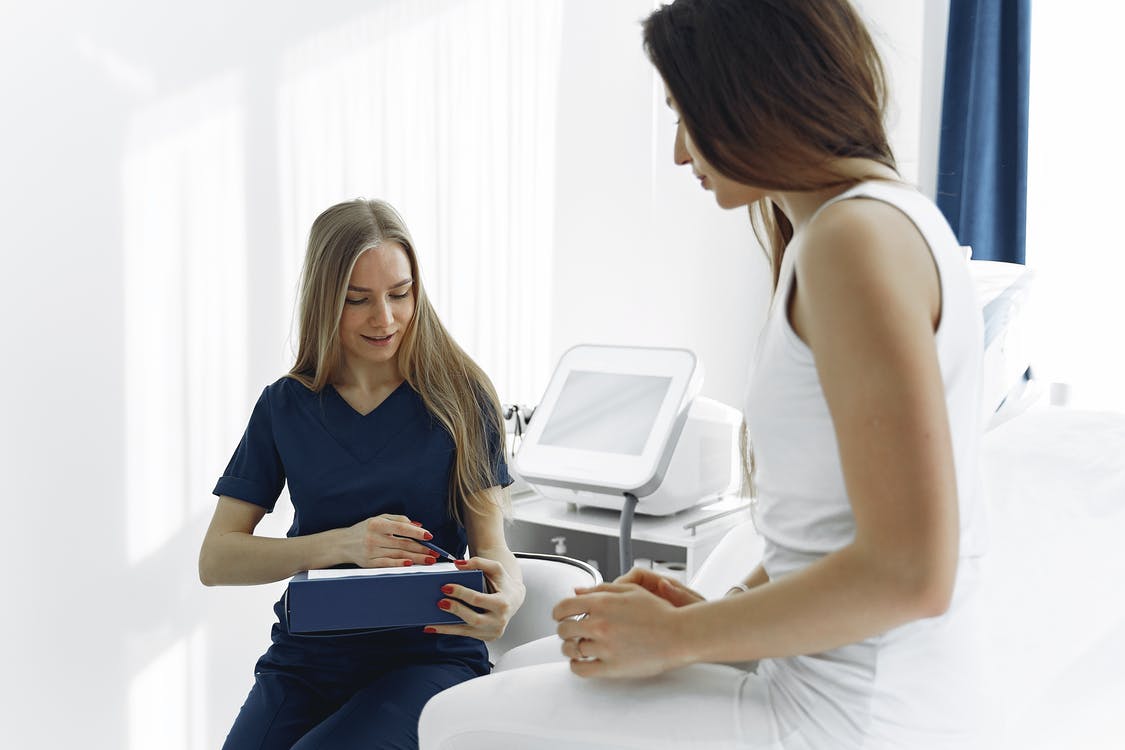Cancer Screening Week

December 6th-10th is Cancer Screening Week and Premier Patient Housing wants you to know about the benefits of early cancer screenings. Regular screening may help in detecting particular types of cancer early. Here are some easy-to-use resources to help raise awareness and learn more about which screening tests may be right for you and your loved ones.
Lung Cancer
Those that are at high risk for lung cancer include current and former smokers, those who have quit in the past 15 years and meet other certain criteria, those who have a 20-year pack history, people exposed to cancer-causing substances in the workplace and people who have a personal or family history of lung cancer or who had previous radiation therapy to the chest. Those who are at high risk for lung cancer may benefit from an LDCT scan once every year. Find where you or a loved one can get a lung cancer screening HERE.
Breast Cancer
Those that are at high risk for breast cancer include those with a personal history or strong family history of breast cancer, a genetic mutation known to increase risk and those who had radiation therapy to the chest before age 30. Women should have the option to start screening at age 40 with a mammogram every year. Women ages 45 to 54 should get a mammogram every year. At age 55 and older, women can switch to a mammogram every 2 years or continue annual screening. Screening should continue for as long as a woman is in good health and expected to live at least 10 more years. According to the American Cancer Society, breast cancer screening is important as at times, breast cancer victims do not begin to show symptoms until it’s too late. Find where you or a loved one can get breast cancer screening HERE.
Prostate Cancer
Those that are at high risk for prostate cancer includes African Americans and men who have an immediate relative, such as a father or brother, diagnosed with prostate cancer at an early age. Higher risk also includes those with more than one immediate relative who had prostate cancer at an early age. For all men, the decision to be screened should be made after talking with their doctor and getting information about the uncertainties, risks, and potential benefits of prostate cancer screening. Men should not be screened without an informed decision-making process. Learn more about where to get a prostate cancer screening HERE.

Skin Cancer
Anyone can get skin cancer, it’s by far the most common type of cancer there is. Although the American Cancer Society does not have screening guidelines for skin cancer, everyone should know their own skin. Checking skin regularly may help spot new growths or abnormal areas before they have a chance to turn into skin cancer. The best way to spot problems that might be cancerous is to be aware of any areas on your skin that are new or changing in shape, size and color. If these apply to you or any of your loved one, make an appointment with a health care professional as soon as possible.
Premier Patient Housing hopes that these resources helps bring awareness to Cancer Screening Week as well as help you learn more about which screening tests may be right for you and your loved ones.
